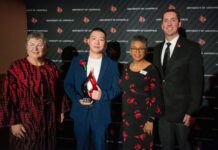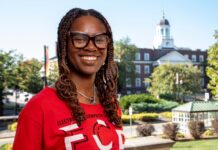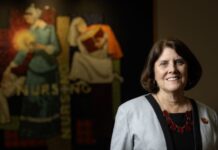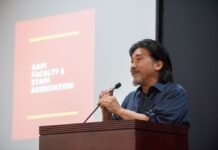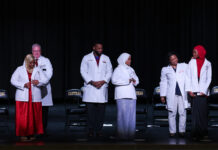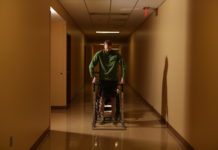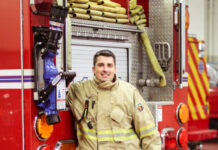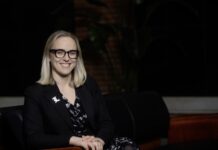
Last week, researchers in the University of Louisville Department of Neurological Surgery shared their recent developments in therapies for children and adults with neurological conditions at IV STEP, an international conference intended to foster, guide and affect neurologic physical therapy practice over the next decade. Andrea Behrman, PhD, PT, and Susan Harkema, PhD, professors at UofL, along with Elizabeth Ardolino, PhD, PT, assistant professor at the University of St. Augustine, presented “Activity-dependent Plasticity for Neuromuscular Recovery: Use of Classifications to Drive Therapies and Outcomes,” on July 15, at the IV STEP Conference in Columbus, Ohio.
In their presentation, the researchers discussed how therapies aimed at recovery and improved function after neurological injury or disease can be designed based on key scientific evidence of the ability of the central nervous system to change through physical activity, a process known as activity-dependent plasticity. They discussed how evidence for this process can be used in the treatment of children with chronic spinal cord injury. The sensorimotor experience of typical childhood development, current rehabilitation after pediatric SCI, and activity-based therapies were also explored as a basis for different outcomes and expectations.
To assist in the development of these novel therapies, the team introduced the Neuromuscular Recovery Scale and the Pediatric Neuromuscular Recovery Scale, tools for assessing the neuromuscular capacity of adults and children to perform functional tasks without compensation from behavioral strategies, equipment or physical assistance. The scale can be used to classify capacity and track recovery in individuals with neurologic injury or disorders.
“One aim of this assessment is to capture incremental gains in motor function. Assessing ‘how’ the movement is performed also addresses the quality of the movement, which distinguishes this measure from many other pediatric instruments typically in use,” Behrman said.
With funding from the Department of Defense and the Craig H. Neilsen Foundation, the group has established the validity, reliability, responsiveness and other properties of the scale, which will pave the way for it to be incorporated into clinical practice and research. Other aspects of the research are supported by the Leona M. and Harry B. Helmsley Charitable Trust, the Christopher and Dana Reeve Foundation and Kosair Charities.
The IV STEP conference, sponsored by the Pediatric and Neurology Sections of the American Physical Therapy Association (APTA), was designed to explore new theory and research evidence related to movement science and to translate this theory and evidence into physical therapy practice. This year’s six-day program included 33 invited speakers, 13 video case presentations and 100 peer-reviewed poster presentations for approximately 700 clinicians, educators, and researchers from around the United States and abroad.
It was only the fourth such conference to be held in 50 years. The first, NUSTEP, was held in 1966 and the second, II STEP, in 1990. At III STEP, held at the University of Utah in June 2005, Behrman presented information on her research in using locomotor therapy, “Locomotor recovery after SCI: From basic science to clinical practice.”
In addition to the invited plenary presentation by Behrman and Harkema, five research teams from Frazier Rehabilitation Center, a part of Kentucky One Health, and the University of Louisville were presenting posters.
Behrman is a professor in the UofL Department of Neurological Surgery and director of the Kosair Charities Center for Pediatric NeuroRecovery. Her research focus is to develop and test therapeutic interventions promoting recovery after spinal cord injury in children and adults capitalizing on activity-dependent neuroplasticity and an understanding of the neurobiology of walking and motor control. Her research has demonstrated improvements in trunk control in children in particular.
Harkema is a professor in the UofL Department of Neurological Surgery and associate scientific director of the UofL Kentucky Spinal Cord Injury Research Center. Harkema’s research in epidural stimulation in adults shows promise in helping individuals recover function following complete spinal cord injury.
The University of Louisville is an academic sponsor of the IV STEP Conference.



